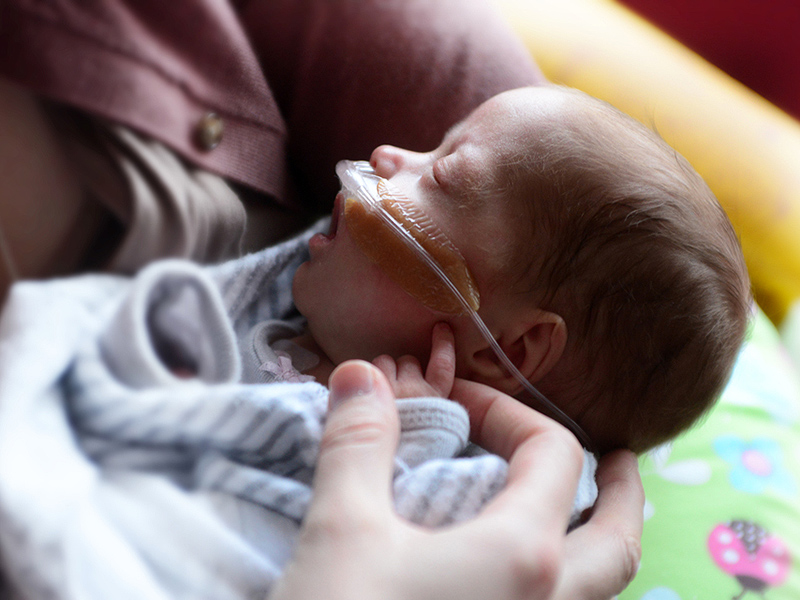By Zoe Quint
There is an undeniably persistent stigma regarding depression and mental health issues in the US today. While most people are aware that these illnesses exist and affect the daily lives of many individuals, their understanding of the manifestation and consequent effects of depression is often shrouded by misinformation. Postpartum depression after having a preemie is both particularly devastating and misunderstood. While becoming a parent is a beautiful gift, it can also be an intimidating prospect, as a new parent is saddled with the responsibility of the care of another life. But for parents of preemies, becoming a parent earlier than expected and having to rely on the assistance of various breathing tubes, feeding tubes and wires that sustain your baby’s beating heart and lungs can undoubtedly be overwhelming.
Whether or not your baby is a preemie, it’s not uncommon for mothers (and fathers) to exhibit signs and/or symptoms of what’s called “baby blues” after your baby is born. According to the Mayo Clinic, these symptoms may include: mood swings, anxiety, sadness, irritability, feeling overwhelmed, or trouble sleeping.
While baby blues tend to last for a few weeks after delivery, it’s not uncommon for postpartum depression to initially be mistaken for baby blues. However, depression symptoms are usually longer lasting and more intense, so much so that they can often be debilitating when trying to carry out daily tasks or even when it comes to caring for your child. These symptoms can last up to six months after birth, and if untreated, sometimes much longer than that.
The following is a non-exhaustive list of symptoms for postpartum depression: depressed mood or severe mood swings, excessive crying, difficulty bonding with your baby, fear of not being a good mother, anxiety attacks or feelings of worthlessness and shame.
The Guardian published a great article on a woman’s recount of her first-hand experience as the mother of a preemie in the NICU. While the great doctors and nurses in NICUs across the country work hard to provide the best care for all preemie babies and other at-risk babies, the fact still remains that these healthcare workers are busy attending to the needs of many patients and may be stretched thin. As a result, parents of baby patients in the NICU might feel that their own emotional needs are unable to be met or even addressed.
The most important thing to remember is if you are feeling any of these symptoms, you should not feel embarrassed or ashamed of them. It’s most important that you seek help from a doctor as soon as possible to receive proper treatment and care. In the event that you begin to have thoughts of harming yourself, your baby or others, it is imperative that you immediately seek help from your partner or loved ones to help care for your baby and provide you with emergency assistance or calling 911. Similarly, partners who recognize that their loved one is exhibiting symptoms of depression should seek medical attention immediately.
It is time for hospitals to recognize and normalize the need for mental health support of parents of preemie babies not only nation wide, but across the world. Luckily, it seems like this change is beginning, as per this New York Times article, in which a panel calls for depression screenings for all pregnant women.
“Although the world is filled with suffering, it is also filled with the overcoming of it.” — Helen Keller


Michael / 1 February 2016 4:44
Very thoughtful perspective on potential depression in new mothers. Hopefully this depression can be recognized by family members, and the mother herself.